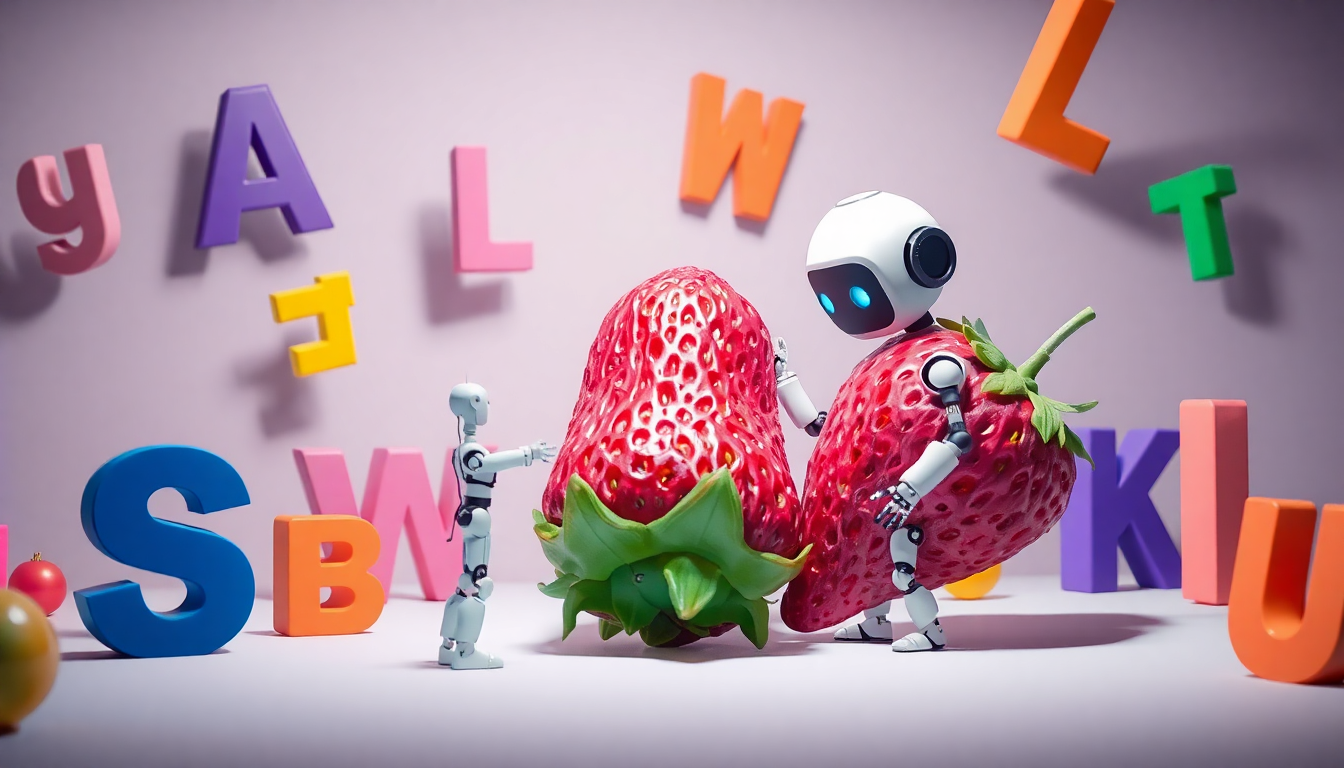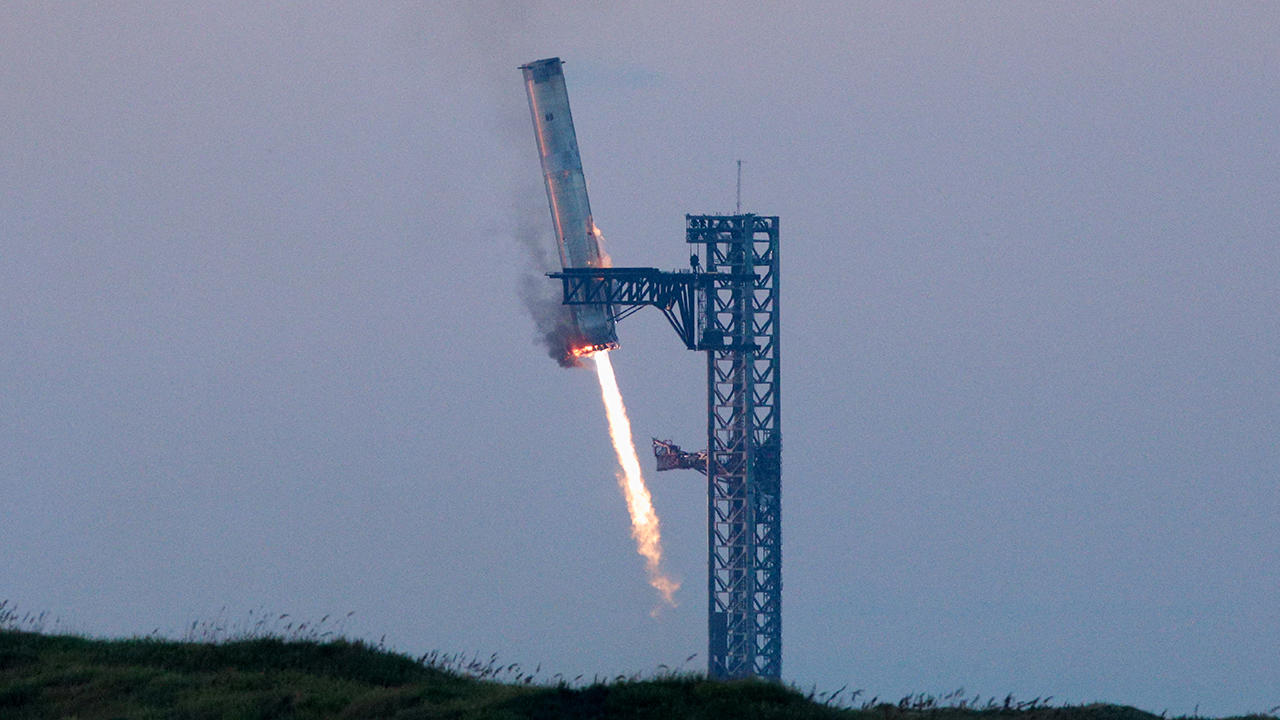Anthropic CEO: AGI is Closer Than You Think—A Revolution in the Making!
In the not-so-distant future, we’re on the brink of a revolution. No, not just any revolution—this one is led by Artificial General Intelligence (AGI). As Dario Amod, CEO of Anthropic, recently penned in his essay "Machines of Loving Grace", the next wave of AI could transform the world in ways we can barely comprehend. But here’s the kicker: Amod is not asking whether AGI will arrive, but when—and his best guess is as early as 2026.
Sounds sci-fi? Sure, but Amod’s vision offers more than just futuristic tech jargon. It’s a roadmap to a future where AI doesn’t just live among us but might very well surpass us. In the essay, he lays out a vivid portrayal of what AGI could look like and how it might just upend everything from healthcare to global poverty, to the very question of what it means to be human.
Before you hit the panic button, this isn’t another Terminator-style doomsday scenario. This is the other side of the AI coin—the side that promises breakthroughs, not breakdowns. Let’s break down Amod’s essay and look at how AI could impact every corner of our lives, particularly if we embrace it.
What is Powerful AI? A Glimpse into the Future
Amod starts by defining what he means by “powerful AI.” Think of it as AI models on steroids—AI that doesn’t just answer your questions but engages, thinks, and even executes tasks autonomously. Imagine a Nobel Prize-winning AI capable of writing award-winning novels, solving complex mathematical theorems, or conducting intricate scientific research faster than a human could even open a book.
In other words, this is AGI—Artificial General Intelligence—and it’s not just a tool, but a partner. Amod predicts that AI in the near future will be as smart, or smarter, than Nobel Prize winners across various fields. The real kicker? It could all start happening in 2026, which is less than two years away.
Cue the existential dread, right? Wrong. Instead of focusing on potential risks, Anthropic’s CEO paints a picture of optimism, inviting us to consider the positive possibilities of an AGI-powered world.
Five Game-Changing Areas for AGI
Amod highlights five areas where AI could bring transformative improvements:
- Biology and Physical Health
- Neuroscience and Mental Health
- Economic Development and Poverty
- Peace and Governance
- Work and Meaning
These aren’t just arbitrary categories—they’re the lifeblood of human existence. Let’s dive into how each area could shift dramatically with the onset of AGI.
1. Biology and Health: The Fountain of Youth?
Imagine a world where nearly all infectious diseases are wiped out. A world where cancer is more of a nuisance than a death sentence. Thanks to AI’s unparalleled ability to analyze vast amounts of biological data, Amod believes we could see hundreds of years of medical progress compressed into just a few years.
Take CRISPR, the gene-editing technology that’s already revolutionizing genetic science. Now, imagine an AI speeding up its development by 10x or more, making everything from genetic disease prevention to embryo screening not just possible but mainstream. We’re not talking sci-fi here—this is within reach.
The most mind-blowing prediction? AI might even double the human lifespan. Think 150 is the new 75. Amod's projections suggest that medical interventions could soon tackle the underlying causes of aging itself, potentially giving those alive today a shot at living forever. Let that sink in.
2. Neuroscience and Mental Health: A World Without Anxiety?
Mental health has long been the silent crisis, but powerful AI could soon unlock treatments for depression, schizophrenia, and even PTSD. Imagine personalized AI therapists who can understand not only what you're saying but also the neural patterns behind your thoughts. These AI-driven breakthroughs in neuroscience could help millions live fuller, more meaningful lives.
Forget 10-minute phone calls with your therapist—AI could be your always-on personal coach, guiding you through every moment of doubt or anxiety. Think of it as self-improvement on autopilot, and the implications are staggering.
3. Economic Development and Poverty: Leveling the Playing Field
Let’s talk economic inequality. In parts of the world, GDP per capita is just $2,000 compared to $77,000 in the United States. But with AGI, we could see rapid, AI-assisted development that lifts the poorest parts of the world to modern standards.
Amod predicts that AI could serve as a Finance Minister or Central Banker, optimizing entire economies at speeds humans can’t fathom. Want to 10x the GDP growth of a developing nation? Just turn on AGI and watch it optimize every sector from energy to agriculture. It’s a moral imperative, according to Amod, to use AI to lift the entire world, not just the wealthy few.
4. Peace and Governance: AI for Global Stability
If AI is as powerful as Amod suggests, it will also have the power to reshape geopolitics. He argues for a coalition of democracies that use AI not just for economic gain but for global peace. Imagine AI-powered peacekeepers, AI-driven diplomacy, and governance systems that offer transparency and prevent human rights abuses.
It sounds utopian, sure, but in a world where powerful AI controls much of the economic and political decision-making, we’ll need checks and balances to ensure it’s used for good. The alternative—AI-controlled authoritarianism—reads like the worst dystopian nightmare, so this is one area where we need to get it right.
5. Work and Meaning: Finding Purpose in an AI World
This is where things get fuzzy, even for the CEO of Anthropic. When AI is doing everything from writing novels to performing surgeries, what will humans do? Will we even be needed?
Amod acknowledges that while comparative advantage will keep humans relevant for a while, at some point, AI will simply outpace us in every domain. So what then? He proposes that we might need a new economic model, one where Universal Basic Income (UBI) plays a role, or where humans derive purpose from tasks AI values. Sound crazy? Maybe, but it's a question we’ll all have to answer sooner rather than later.
A Brave New World: Can We Handle It?
Amod’s vision is bold, and while some of it sounds like it’s ripped from a sci-fi novel, much of it is rooted in real possibilities. The future of AI could either be the dawn of a new golden age or a dystopian nightmare—and it’s up to us to decide which way the scales tip.
Will we harness AI to cure cancer, end poverty, and live to 150? Or will we allow it to widen inequalities, eliminate jobs, and leave millions behind? The future is uncertain, but one thing is clear: AGI is coming, and it’s coming fast.
Final Thoughts
What do you think about Amod’s vision? Are you optimistic about the future of AGI, or do you fear what this level of intelligence could bring? Drop your thoughts in the comments below, and don’t forget to join the conversation at iNthacity. Apply to become a permanent resident (and maybe even a citizen) of the “Shining City on the Web” right here. Let’s navigate this brave new world together!



















Post Comment
You must be logged in to post a comment.